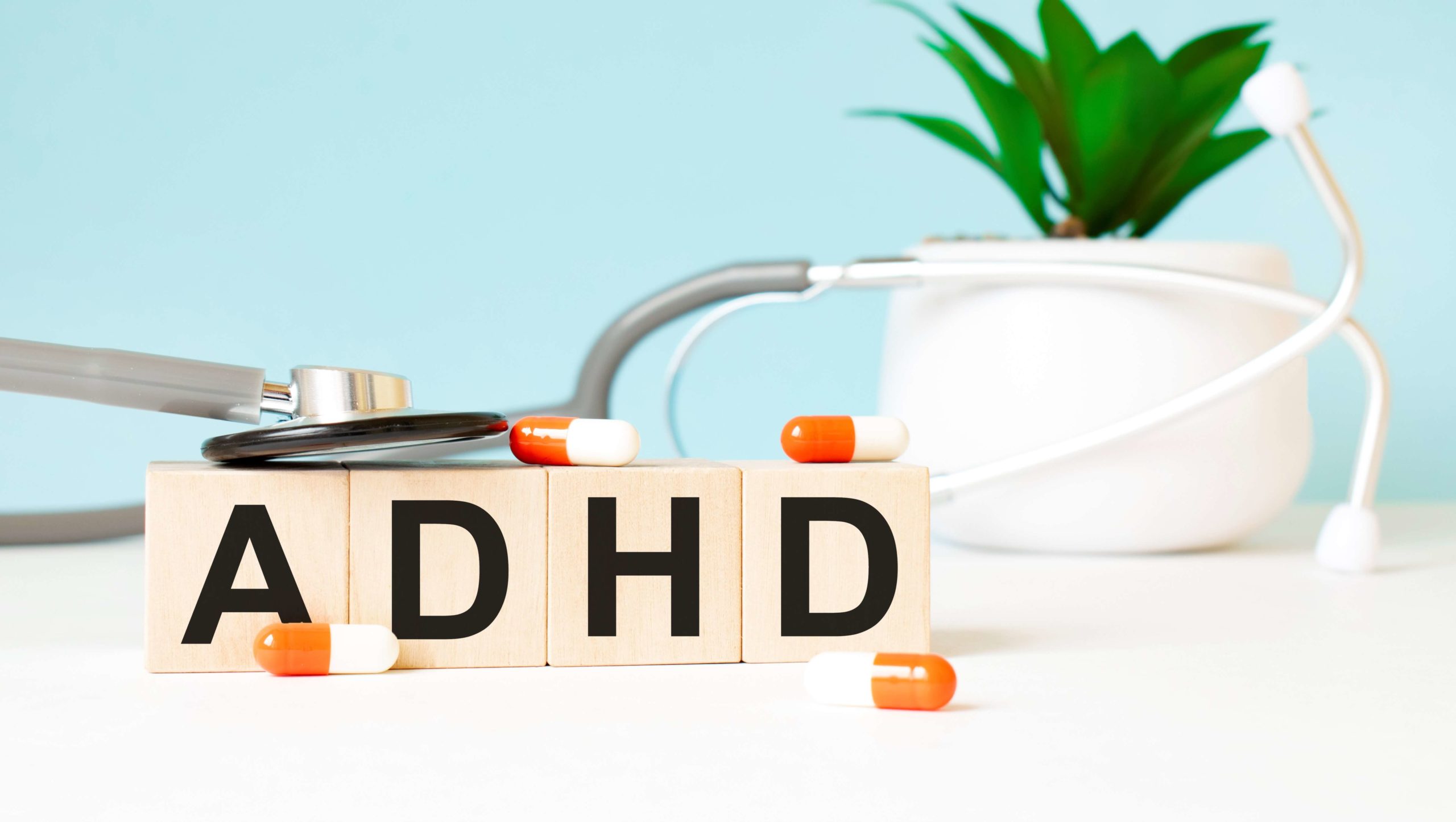Diet alone isn’t the driving force behind the multiple behavioral and cognitive symptoms that impact children and adults with attention deficit hyperactivity disorder (ADHD). However, some research suggests that following specific diets could play a role and may help with ADHD symptoms.
We all know that what we eat impacts our physical and mental health. In particular, some foods can impact attention, focus, and hyperactivity.
Nutrition effects on the brain
Like all other aspects of the body, nutrition impacts the brain and certain foods can impact the ADHD brain. When the brain doesn’t have access to proper nutrients, it doesn’t function properly. Nutrition affects the ADHD brain in the following ways:
- Brain cells, like other body cells, need proper nutrition to carry out their function. Some foods impact the brain in a positive way and other foods impact the brain in a negative way.
- The myelin sheath, which covers the axon of the brain cells the way insulation covers electrical wires, needs the right levels of nutrients to speen transmission of electrical signals between brain cells.
- Neurotransmitters, including serotonin, dopamine, and norepinephrine, rely on nutrients to perform properly.

Foods to eat to reduce ADHD symptoms
- Eat more omega-3 fatty acids.
Essential fatty acids fuel basic cell functioning, improve overall immunity, and enhance heart health. The human body can’t make essential fatty acids, so these nutrients must be ingested through our diet. The omega-3 fatty acids, which include eicosapentaenoic acid [EPA], docosahexaenoic acid [DHA], and alpha-linolenic acid [ALA]), can be found in salmon, tuna, and other cold-water fish, as well as from some seeds and oils, such as walnuts, Brazil nuts, canola oil, and olive oil.
- A high protein diet.
The brain creates a variety of chemical messengers called neurotransmitters which helps to regulate sleep and being awake. Studies conducted by Massachusetts Institute of Technology neuroscientist Richard Wurtman Ph.D., and others have shown that protein triggers alertness-inducing neurotransmitters, while simple carbohydrates (such as sugar) trigger drowsiness. Protein rich foods, like beans, eggs, cheese, nuts, and meat, and nuts may improve concentration and may make ADHD medications work longer.
- More complex carbohydrates.
Foods rich in carbohydrates like vegetables, oranges, pears, apples, and kiwis can help improve ADHD symptoms. Combining complex carbs that are low sugar and high fiber, can help manage ADHD symptoms during the day and may improve sleep patterns at night.
Foods to avoid for ADHD
Eating healthy foods can help to reduce ADHD symptoms.
- Refined sugar, high-fructose corn syrup, and caffeine.
Foods and beverages with caffeine and high-fructose corn syrup (such as soda, candy, and artificial sweeteners), can cause symptoms of hyperactivity and distractibility.
- Foods treated with organophosphates.
Foods treated with organophosphates for insect control have been shown increase or create symptoms that mimic ADHD.
- Energy drinks.
Although they have gained popularity; especially for teens, energy drinks contain artificial sweeteners, caffeine, and artificial colors which can increase or trigger ADHD symptoms.

What is an ADHD diet?
Eating a healthy diet may help to reduce or eliminate certain behaviors associated with ADHD. An ADHD diet includes any food and nutritional supplements an individual with ADHD ingests. The theory behind an ADHD diet is that certain nutritional habits help the brain to work better and lessen ADHD symptoms, such as lack of focus or restlessness.
- Supplementation diets: With this type of nutritional plan, you add minerals, vitamins, and other nutrients to your diet. Supporters of these diets theorize that when you lack certain nutrients, it may add to your ADHD symptoms.
- Elimination diets: These nutritional plans involve not eating certain foods that you believe trigger your symptoms or behaviors, such as red dye or sugar.
The Brain Workshop ADHD Cognitive Training
According to the National Center for Biotechnology Information (NCBI), 8.4 percent of children and 2.5 percent of adults around the world have been diagnosed with ADHD. Attention deficit hyperactivity disorder (ADHD) impacts children and teens and can continue into adulthood. ADHD symptoms impact cognitive functioning and ability.
Whether you are an adult or child living with ADHD, the professionals at the Brain Workshop can offer assistance. As a certified BrainRx® center, we offer the best in personalised brain-based training for individuals ages 6 to adult. If you’re interested in learning more about how our cognitive training can help support you or your family member living with ADD or ADHD contact a member of our team to learn more.






